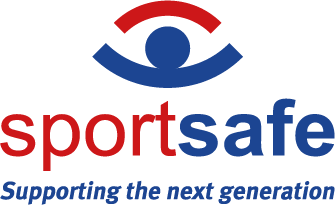No products in the basket.
Academies, free schools and other non local authority (LA) schools are responsible for making their own contractual arrangement for sports equipment inspection. They are advised to put in place procedures to ensure that inspections are carried out annually, or in accordance with the arrangements specified by their employers and insurers. Where the LA is the employer, it generally makes central contractual arrangements for its school’s annual sports equipment inspections.
However, there are several LA contexts where the authority devolves the funding so individual schools have the task of organising their inspections. The responsibility for external maintenance effectively remains with the LA as the employer under health and safety law so it needs to have some form of monitoring system in place. Employers and the school leadership should check their own position.
Any action in response to an inspection report is the responsibility and decision of the head teacher and governing body.
Accurate records should be kept that include quality assurance of any provider used and details of any maintenance undertaken. In order to achieve appropriate safe-practice standards for sports equipment and facility maintenance, inspection contracts should include reference to the scope of work, the quality and standards of work, the identification of hazards and risks to be managed, and the maintenance tasks to be carried out.
The school leadership team has a responsibility to ensure agreed maintenance requirements are met. The inspection schedule should include all necessary timber repairs, cleaning and re-covering of plastic and leather surfaces, checking metal items for wear, lubrication of moving parts, an inspection of wall and roof fittings, and replacement of worn parts and items including those on trampolines, multi-gyms, and sports and play equipment.
The content of the contract needs to be sufficiently detailed to ensure that all sports equipment is checked and repaired/reported on.
It should not be assumed that any equipment outside the agreement will be checked without incurring extra costs. The “employer” should read thoroughly the contract and any promotional information provided by an equipment inspection company, and clarify any uncertainties before committing to a contract.
Employers should check that the work will be carried out in compliance with BSI 1892 (1986) with some period of guarantee. In addition, employers should check the following:
- The equipment inspection company has a known reputation for competent inspection and maintenance using fully trained personnel, and this can be checked through references. Any company should be audited to the ISO 900:2008 level of quality assurance.
- Appropriate insurance is held by the contractor and made available for scrutiny if necessary – typically, public and product liability insurance and employer’s liability insurance for £10million for each.
- The company has sufficient workers, tools, and materials to fulfil the agreed schedule of work (e.g. there might need to be at least two operatives where heavy trampolines have to be erected for inspection; appropriate access equipment might need to be used if the contract requires that high-level apparatus, such as ropes, is inspected at the installation points rather than visually from the floor).
- All company personnel should be vetted to ensure they are safe to work on the premises.
The maintenance and inspection work should see to disrupt teaching as little as possible but be open to observation and monitoring.
Agreeing on the time and date for an inspection will ensure the contractors have access to all facilities and items involved in the inspection, which, in turn, should prevent complicated arrangements and wasted time caused by inspection team visits outside school hours.
In some areas, LAs have arranged for these inspections to take place during school holiday periods. This is not good practice as it reduces the possibility of staff being present during the inspection and the benefits related to this.
An appropriate school representative should be involved in the overall inspection process.
In addition, school staff should have an opportunity to highlight any concerns about equipment or apparatus prior to the inspection/maintenance work commencing, and where feasible, a member of the physical education department should be present during the sports equipment inspection.
Planning Your Sports Equipment Inspection
